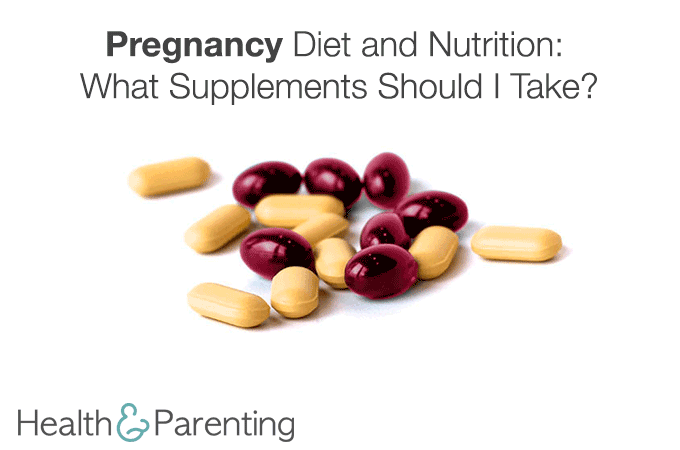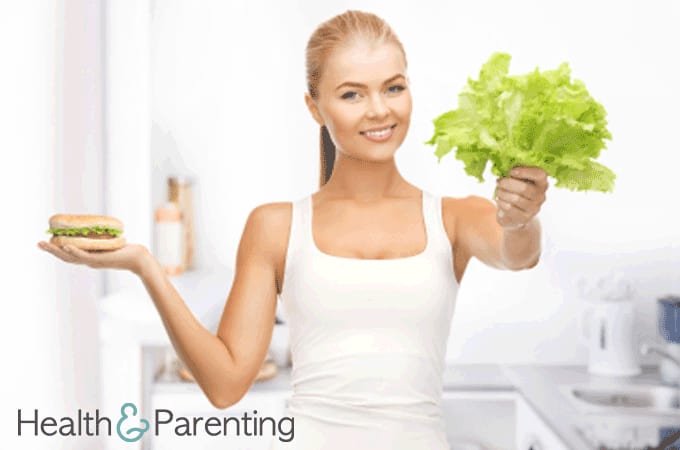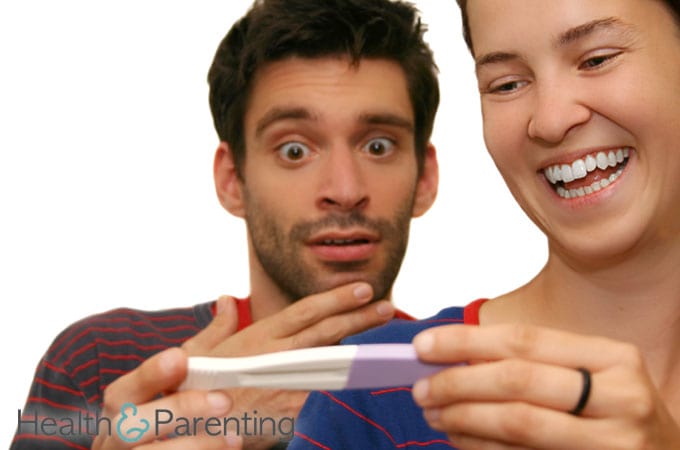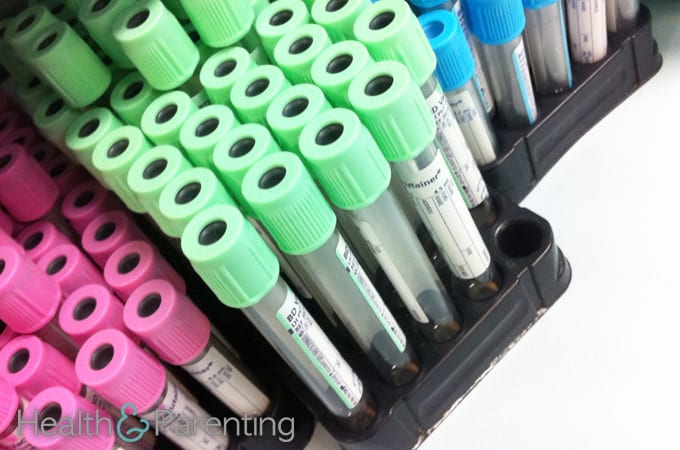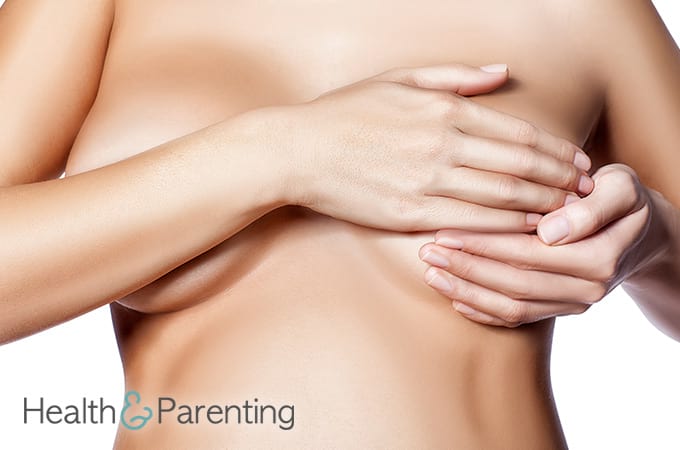Pregnancy is a complex time in a woman’s life. Since the baby is counting on the mother for the nutrients needed to grow, the expecting mother needs to eat well and make healthy choices in order to feel good, have energy, and support a healthy pregnancy. Supplements, however, can also be beneficial. A woman with child should only take supplements recommended by a health care provider. So, what supplements should an expecting woman take?
Vitamin A and Beta Carotene
Women should include vitamin A and beta carotene to their pregnancy diet and nutrition for healthy bones and teeth, and also to promote growth. In addition to pregnancy supplements, these nutrients are also naturally found in milk, eggs, potatoes, and yellow vegetables. Be careful with liver, as liver contains high levels of a type of vitamin A called retinol, which may cause birth defects. If you’re taking vitamin supplements, look for pregnancy supplements which contain the betacarotene vitamin A. Don’t take vitamin supplements with the retinol vitamin A.
Vitamin D
Vitamin D is a very important supplement for pregnant women. It helps the body use calcium and phosphorous, which are essential for strong teeth and bones. This vitamin can be found in milk, eggs, oily fish, and sunshine. If you can, take a walk and get some sun. A daily walk or some other form of outdoor physical activity in the early morning or late afternoon is recommended, especially in times of the year when there’s less sun.
Vitamin E
Pregnant women also need Vitamin E to help the body form and use muscles and red blood cells. As part of their pregnancy diet and nutrition, Vitamin E is present in spinach, vegetable oil, and wheat germ.
Vitamin C
Vitamin C is essential for building a healthy immune system, helping the body absorb iron, and protecting tissues from damage. Vitamin C can be found in citrus fruits, strawberries, green beans, tomatoes, papaya, and broccoli.
Vitamin B1
A vitamin vital for regulating the nervous system and raising energy levels, it is found in whole grain, eggs, pasta, rice, and organ meats.
Vitamin B2
Vitamin B2 helps maintain a good eyesight, healthy skin, and energy. They may take it from poultry, fish, meats, dairy products, and eggs in addition.
Vitamin B3
This vitamin helps promote a healthy skin, digestion, and nerves. Pregnant women may take it from high protein foods, bread, and milk.
Vitamin B6
Vitamin B6 is another very important supplement for pregnant women. It is responsible for red blood cell formation and it also helps with morning sickness. In addition to supplements, this vitamin may also be found in chicken, fish, liver, pork, bananas, beans, and brown rice.
Folic Acid
Folic Acid is very important for pregnant women. It helps support the placenta and prevents neural tube defects such as spina bifida. This nutrient may come from oranges, strawberries, spinach, green leafy vegetables, beans, pasta, and peas.
Calcium
Calcium helps create strong teeth and bones, prevents anemia, premature delivery, and low birth weight. As an added pregnancy diet and nutrition element, it may be found in yogurt, cheddar cheese, milk, dark green leafy vegetables, and canned fish with bones.
Iron
Iron is beneficial in the production of haemoglobin, and prevention of low birth weight, premature delivery, and anemia. It can be found in beef, dried beans, spinach, and grains fortified with iron.
Protein
Protein is responsible for the production of amino acids and repair of cells in pregnant women. They may take it from most animal foods, legumes, and veggie burgers.
Zinc
Zinc is essential for the production of insulin and enzymes in the body. This nutrient may be taken from oysters, dairy products, beans, red meats, and whole grains.
Written by Team Health & Parenting
This information is not intended to replace the advice of a trained medical doctor. Health & Parenting Ltd disclaims any liability for the decisions you make based on this information, which is provided to you on a general information basis only and not as a substitute for personalized medical advice. All contents copyright © Health & Parenting Ltd 2018. All rights reserved.

